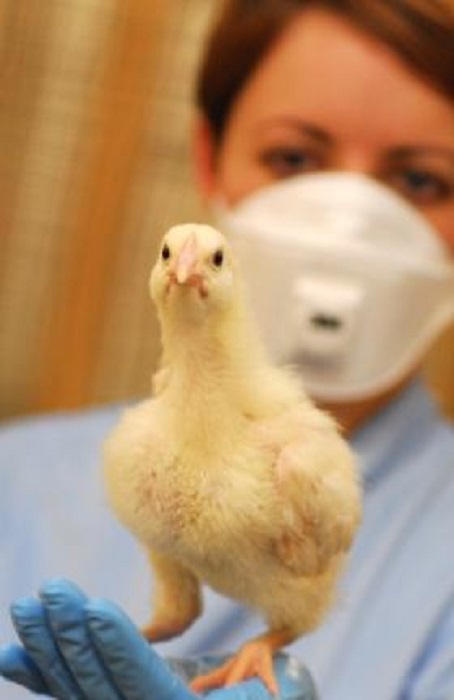The government has reported multiple new cases of high pathogenic avian influenza (HPAI) in eastern Europe, which have been confirmed since May.
Bulgaria reported a new outbreak of HPAI H5N8 in a large commercial poultry premises. Hungary has reported fourteen new outbreaks of HPAI H5N8; all continue to be in commercial poultry premises. There have been no other new reports elsewhere in Europe.
In Bulgaria the outbreak of HPAI H5 was reported on 5 June, the first case in nearly three months, in a laying hen flock in Asenovgrad, Plovdiv. 110 of the 79,000 birds were dead, the remaining birds were culled and disease control measures including movement restrictions, a 3km protection zone and a 10km monitoring zone, are in place.
Hungary has reported fourteen further outbreaks. Eleven of these are related to the ongoing outbreak at Bács-Kiskun, which was first confirmed on 25 March, representing a jump to southern Hungary. There has now been a total of 235 secondary outbreaks within this cluster. Two of the newly reported outbreaks are related to the most recent cluster, confirmed in early May, in Békés County.
The primary outbreaks in Bács-Kiskun and Csongrád housed a significant number of ducks, but there remains no official update of the species for these secondary outbreaks, and numbers of birds on farms for these secondary outbreaks vary from a few hundred to 160,000.
The Czech Republic, Germany, Poland, Romania, Slovakia and Ukraine have reported no new outbreaks since 7 May. The UK was declared bird flu free in June.


